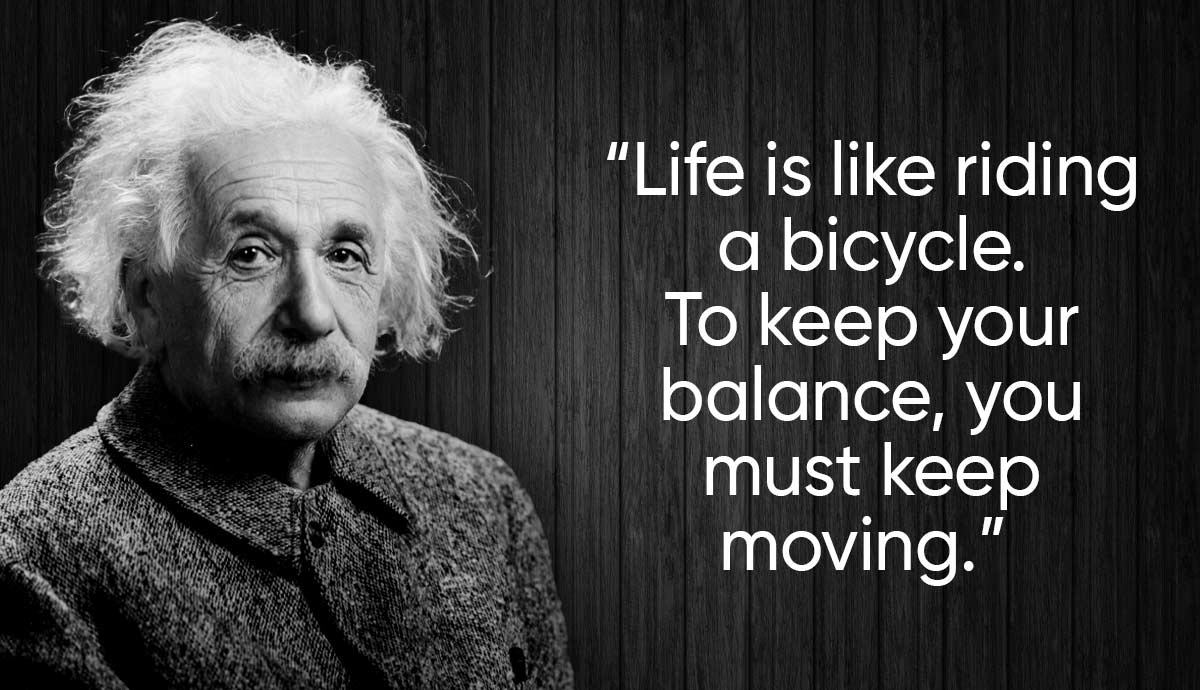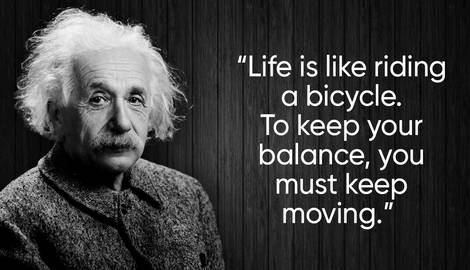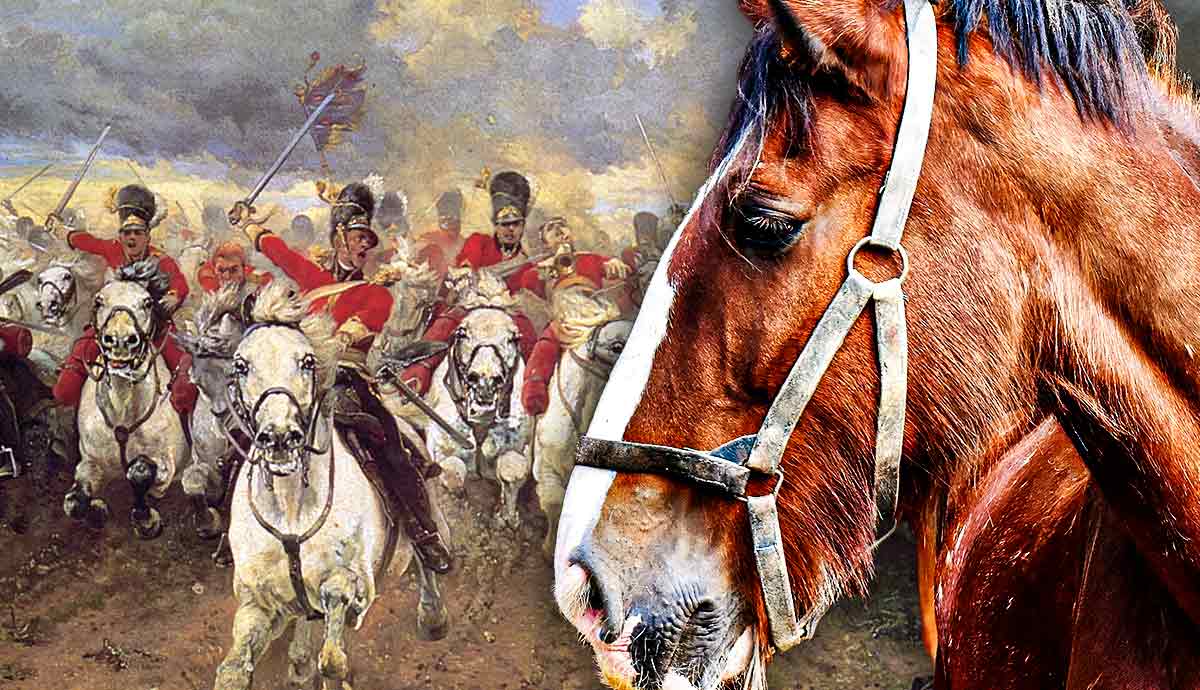
‘Einstein’ is today a byword for genius. His groundbreaking work in theoretical physics constitutes the foundations of modern science. He was also a deeply moral thinker, a philosopher, a political activist, and pacifist. Albert Einstein is revered as one of the greatest scientific minds in history, renowned for his independent thinking, philosophical insight, and profound wisdom. Many of Einstein’s quotes have become iconic and acknowledged as capturing universal truths in poetic yet accessible prose. From his musings on energy, life, and matter to his thoughts on motion, education, and the power of imagination, his words continue to resonate.
“Energy cannot be created or destroyed, it can only be changed from one form to another.”

In scientific terms, Einstein is referring here to the first law of thermodynamics, also known as the “law of conservation”. Simply put, energy neither vanishes nor appears out of nowhere. It changes form: for instance, sunlight (radiant energy) is stored as chemical energy in plants (photosynthesis), or chemical energy in food is converted to mechanical energy in our muscles after we eat it. The principle is that in any closed system, the total amount of energy remains constant.

Einstein expanded on this idea in trademark spectacular fashion. His famous equation E=mc2 says that energy and mass (matter) are interchangeable. Matter is thus simply a very condensed form of energy, and under extreme conditions (i.e., a nuclear reaction), mass can become energy – and vice versa. While E=mc2 didn’t explain how to build an atomic bomb, it laid the theoretical foundations for understanding the immense energy released during nuclear fission.
Yet what makes Einstein’s quote so powerful is that it speaks to more than ‘physics.’ – it is a metaphor for life. Just like energy, we are constantly in flux. In death, our essence doesn’t simply disappear – it transforms. Our ‘energy’ continues, taking on new and spectacular forms. Like all energy, we are part of an ongoing, ever-transforming flow, woven into the very fabric of the universe.
“Life is like riding a bicycle. To keep your balance, you must keep moving.”

Einstein reportedly used this elegant simile often, comparing the act of riding a bicycle to the art of living well. It reflects his belief that life is dynamic and ever-changing, and that balance – both in terms of physical motion and social meaning – can only be found by embracing transformation and change.
The connection of the quote to Einstein comes from a letter he wrote in German to his son Eduard in 1930. The original passage “Beim menschen ist es wie beim velo. Nur wenn er faehrt, kann er bequem die balance halten” translates literally as: “it is the same with people as it is with riding a bike. Only when moving can one comfortably maintain one’s balance” (Issacson, 2007).

Although the gist of the metaphor predates Einstein – to some degree, he borrowed it – it nonetheless encapsulates his thinking beautifully. In his work on theoretical physics, motion was not seen as a mere phenomenon, but a fundamental principle of existence (Hesslind,1984). His theory of special relativity revealed that there is no absolute state of rest. Stability in the cosmos, as in life, arises not from stillness but from movement.
For Einstein, science and philosophy were deeply intertwined: the physical laws that govern the universe offered insight into how we should live. To remain balanced in life – as in science – one must keep moving forward.
“Education is what remains after one has forgotten what one has learned in school.”

Einstein was famously indifferent to the task of being a “good student”. He excelled at primary school, but as he got older, his academic performance became erratic. The ‘issue’ wasn’t a lack of intelligence – it was that Einstein excelled in subjects that he was interested in, but practically ignored subjects that he didn’t like. He reflected in later life that as a school boy and student, he was “no Einstein”.
His early resistance to school authority was, it turned out, key to his ultimate greatness. From a young age, Einstein showed a stubborn independent mindedness and a deep mistrust of received conventional wisdom. “Imagination”, he famously claimed, “is more important than knowledge”. His genius blossomed not because of academic conventions but in spite of them.

Einstein’s view remains strikingly relevant today. In an era still dominated by rote learning, standardized testing, and a narrow focus on measurable achievement, mainstream education continues to ignore the overwhelming evidence from pedagogical research (Robinson, 2015). A one-size-fits-all system of education discourages independent-mindedness, undermines critical thinking, and ultimately, kills creativity.
The deeper message of Einstein’s quote is clear: real education isn’t about memorizing facts or passing exams. It is about nurturing curiosity, creativity, and independent, critical thinking. What “remains” after school, in his view, is a deeper capacity to think, question, and imagine.
“I have no special talent. I am only passionately curious.”

Einstein’s groundbreaking achievements in theoretical physics were marked above all by an insatiable hunger to understand the universe. He never stopped questioning, never grew complacent, and remained intellectually driven throughout his life.
Although his name has become synonymous with genius, Einstein evidently saw himself somewhat differently. Not as a special person with rare natural gifts, but as an ordinary mortal propelled by extraordinary curiosity. He genuinely believed that his achievements were not the result of talent, but rather, a relentless desire to understand the deep truths of the universe.

At just fifteen, Einstein posed one of his most profound thought experiments: “What would it be like to ride alongside a beam of light?” This simple, playful question led to one of the most revolutionary theories in the history of modern physics. Einstein contemplated this idea for over a decade before finally resolving the question in his theory of special relativity. His efforts gave birth to a new understanding of space and time.
In this light, Einstein’s real “talent” was an incredible ability to wonder, deeply and persistently, over long periods of time – even when it meant reimagining the foundations of science and the universe. Einstein’s life and work remind us that changing the world doesn’t require genius, but a relentless spirit of curiosity and the courage to keep questioning, imagining, and exploring. Above all, it requires the will to follow our questions, wherever they may lead.










